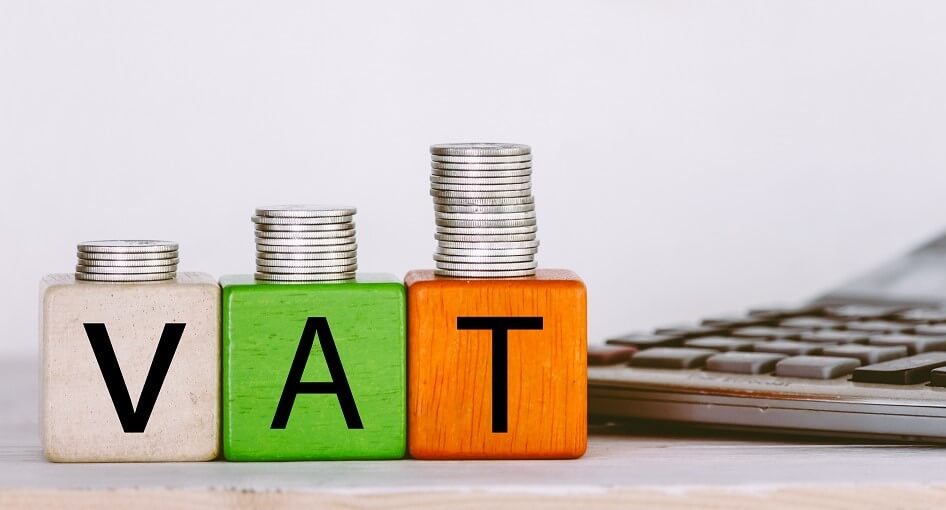Lagos and Rivers states of Nigeria have enacted laws to drag SMEs into the tax net, against the earlier exemption by the national law. PELUMI BOLAWA looks at how this will impact SMEs and individuals in the market
Many businesses will heave a sigh of relief following the ruling by the Court of Appeal in Abuja, that parties to the Value Added Tax collection dispute should “maintain status quo ante bellum.” The injunction has put aside the earlier ruling by the Federal High Court in Port Harcourt, Rivers State, that the Federal Inland Revenue Service had no constitutional backing to collect VAT in the state.
The national VAT law had granted exemption to small businesses operating under N25m, as against the Rivers State VAT Law 2021, signed into law on August 19, 2021 by Governor Nyesom Wike.
Similarly, on September 10, 2021, Governor Babajide Sanwo-Olu of Lagos also signed the VAT Bill into law, following the same fashion of non-exemption for businesses with less than N25m turnover.
According the FIRS, VAT is a consumption tax paid when goods are purchased and services rendered. It is a multi-stage tax borne by the final consumer.
Currently, VAT rate is 7.5 per cent on all goods and services (produced within or imported into the country) except those specifically exempted by the VAT Act.
Exemption for SMEs
The Finance Act 2019, which puts the current VAT rate at 7.5 per cent, classifies companies with yearly turnover of N25m or less as small businesses and exempted from invoicing, collecting and remitting VAT as well as filing monthly VAT returns to the FIRS.
In 1993, the Tax Act was enacted as a decree, but it became operational in 1994. Known as sales tax, originally collected by state governments, it was amended in 2003 and reformed in 2020. Since then, the FIRS has been charged with the responsibility of collecting VAT on behalf of the three tiers of government as a means of creating even distribution of economic resources across the country.
SMEs’ contribution to economy
According to the recent data from the National Bureau of Statistics, unemployment rate in Nigeria stands at 33.3 per cent, and underemployed youths at 42.5 per cent.
In a recent report by PricewaterhouseCoopers, SMEs account for 48 per cent of the Gross Domestic Product in Nigeria. They also generate 84 per cent of employment and 96 per cent of businesses in the country.
New VAT law on SMEs
The Chief Executive Officer, SME Media Limited, Ted Iwere, told Financial Street, “The intention of the Federal Government was to encourage more businesses by minimising their exposure in terms of cost of doing business. But as we very well know, VAT is not imposed on the business; it is imposed on those who patronise the businesses.”
What that means, according to Iwere, is that it will make the cost of products and services a little more expensive.
If it is more expensive, it means they would have fewer people patronising them, he added.
“The reality for the survival of SMEs under this law is slim, compared to the previous FIRS Act. To that extent, it will reduce the volume of trade. Some will survive and some may not survive,” says Iwere.
Way out
On the way out, finance expert, Caleb Arulogun, in a chat with Financial Street, said, “The state governments should have let the SMEs develop before they begin to make the VAT law. What Lagos and Rivers states should do is to give all those up-and-coming enterprises tax tax holiday, or tax incentives. That is what they do everywhere in the world, especially the United States of America, United Kingdom, Australia, and China.
“But when you don’t do that and you gradually begin to kill them with burden of taxes, then you are not expecting any development in that sector.”
He urged government to encourage them to grow, as part of the process of encouraging indigenisation is stopping foreign product6 in our market.
Get real time update about this post categories directly on your device, subscribe now.



